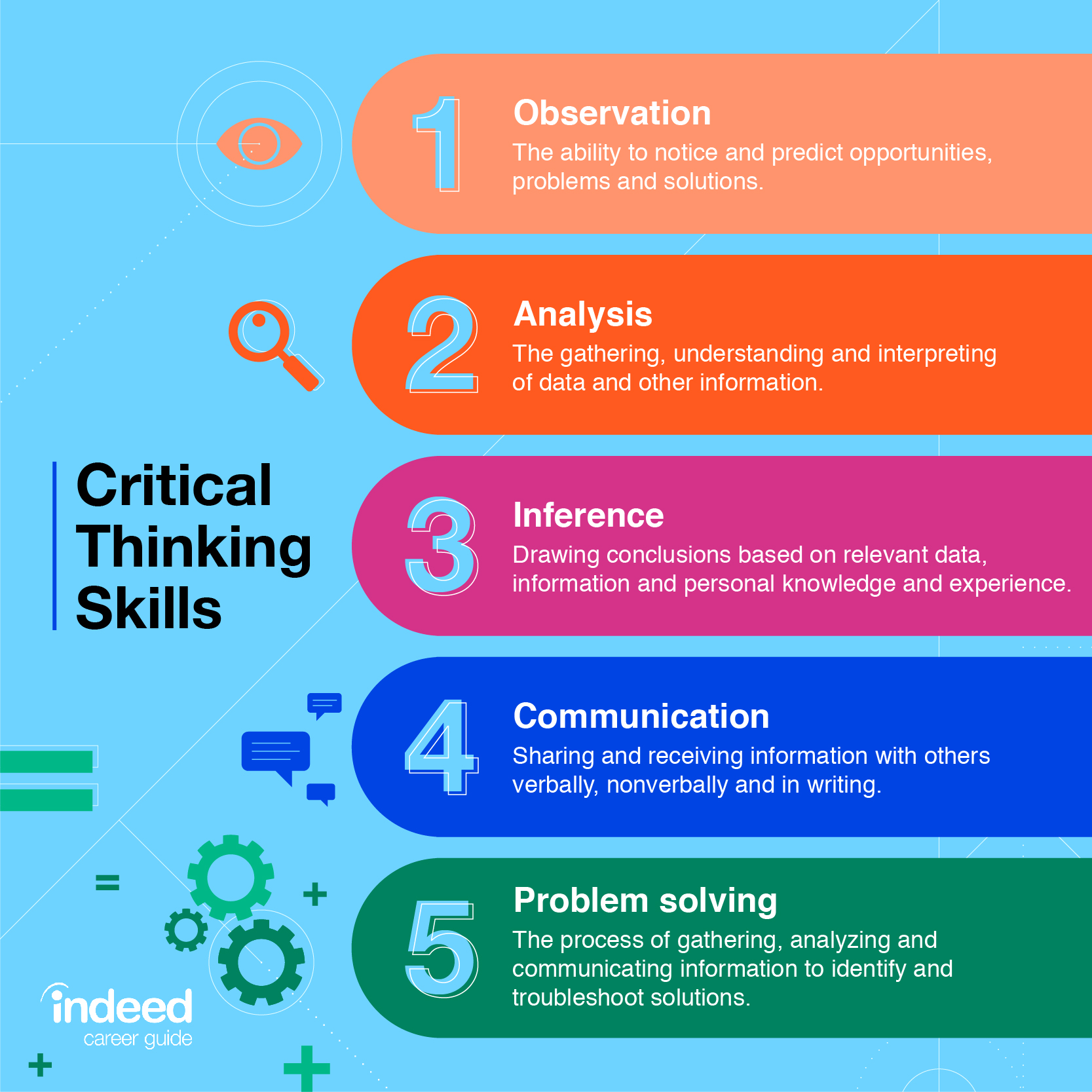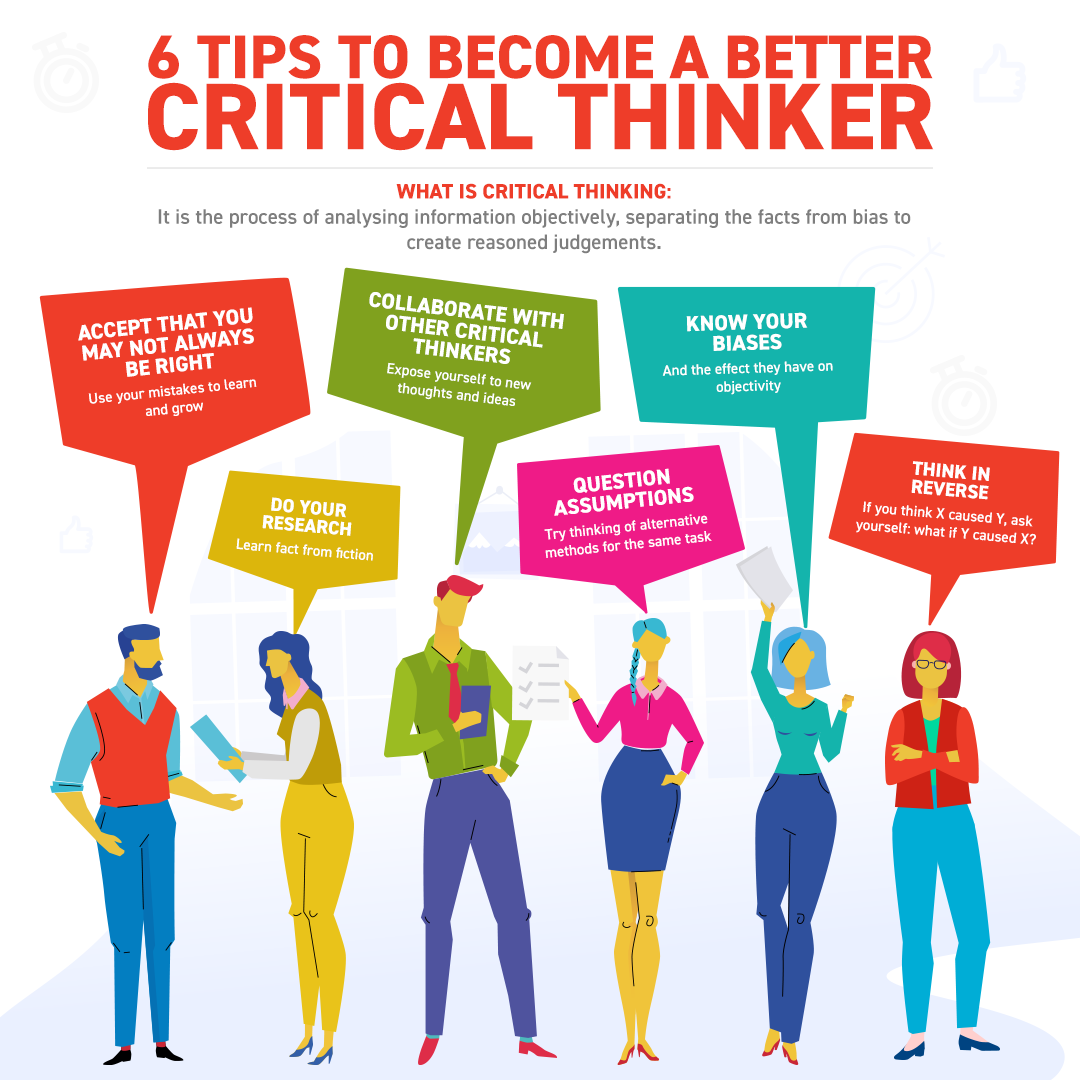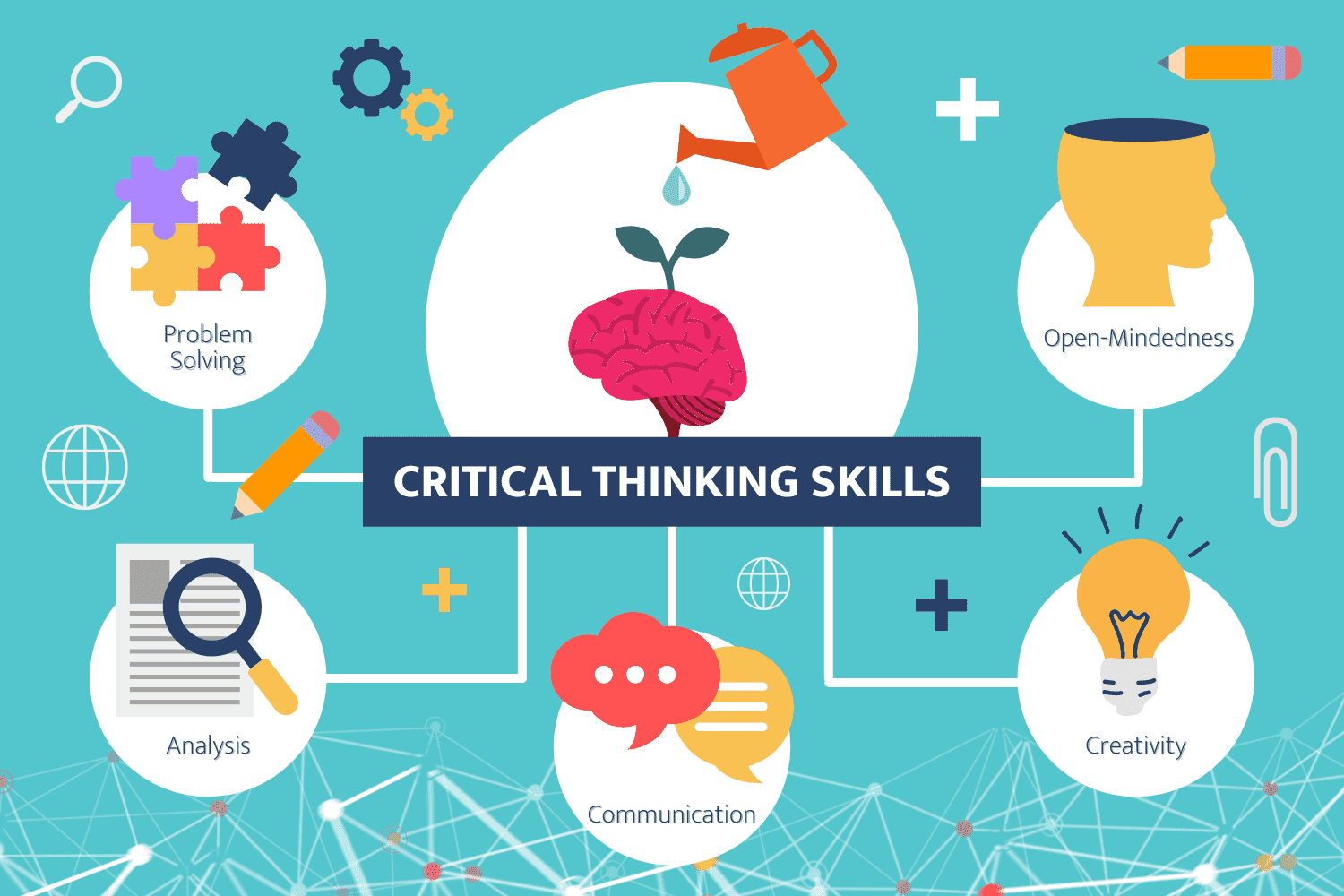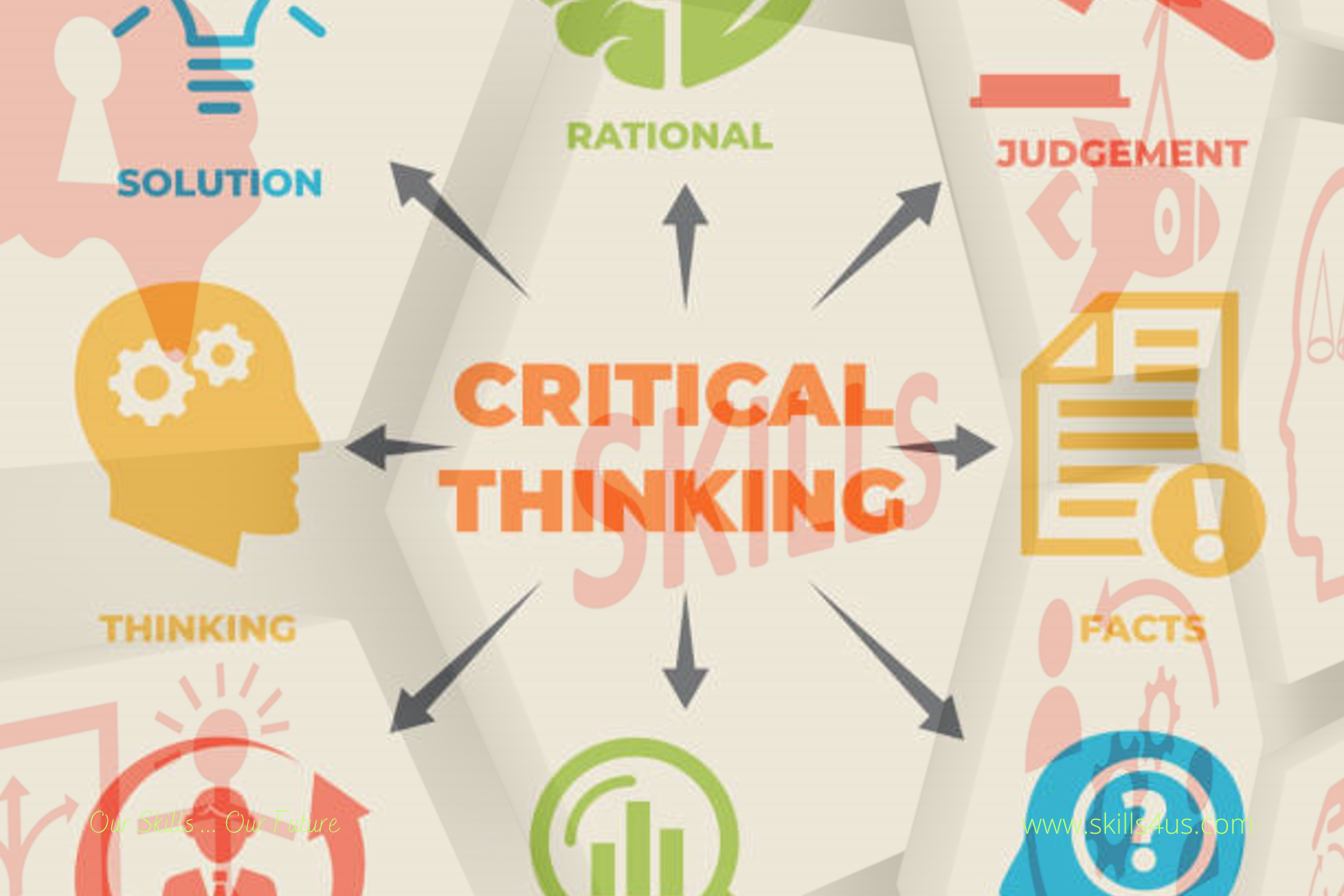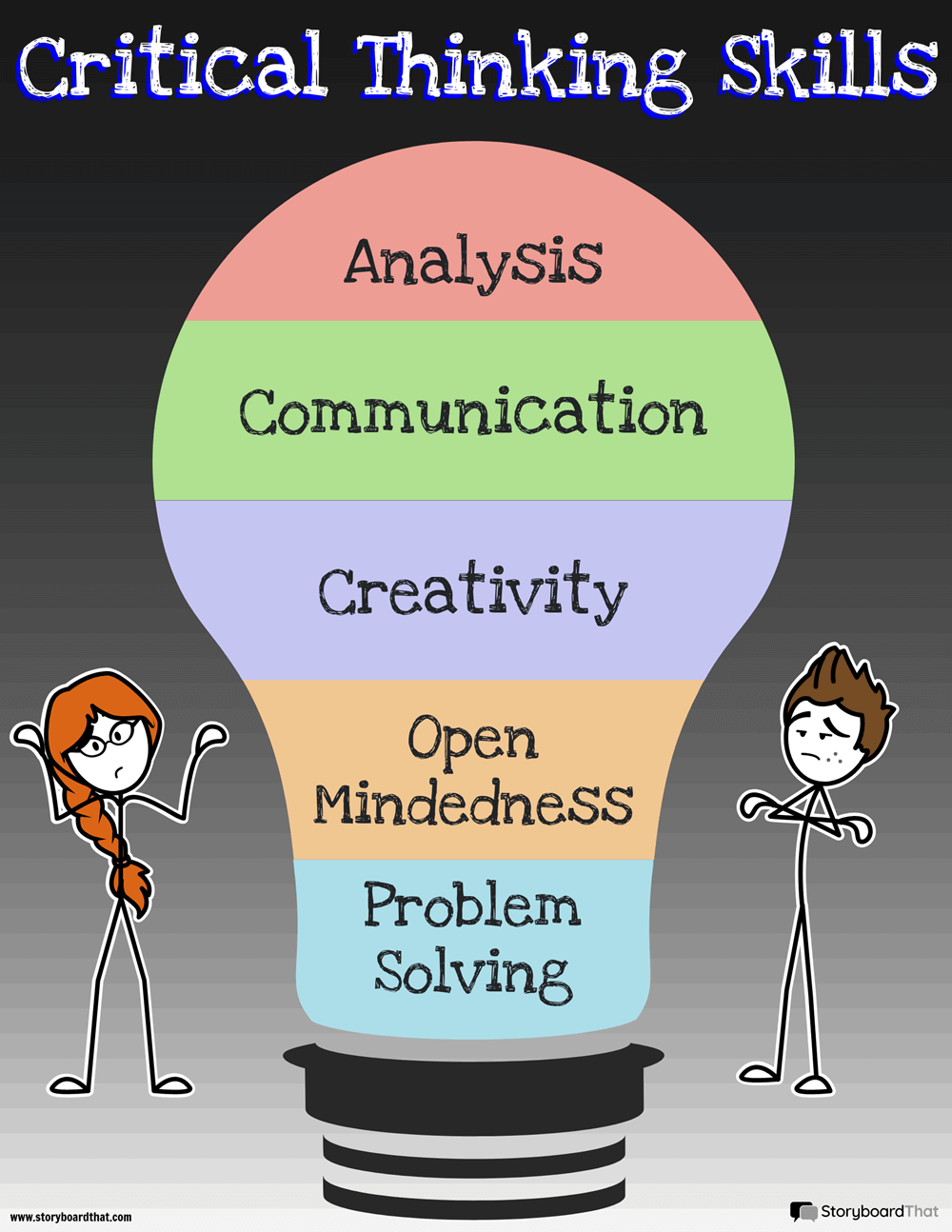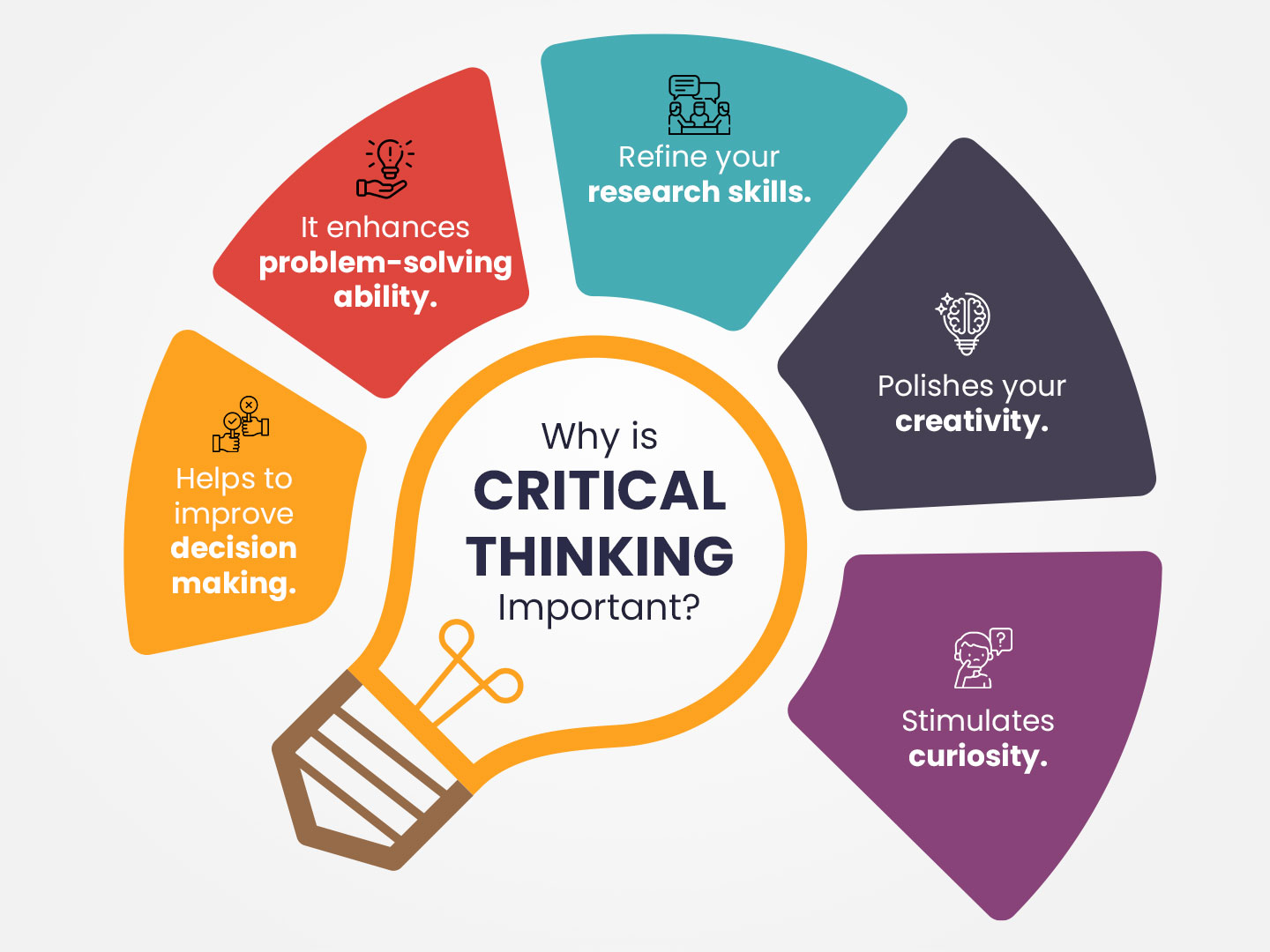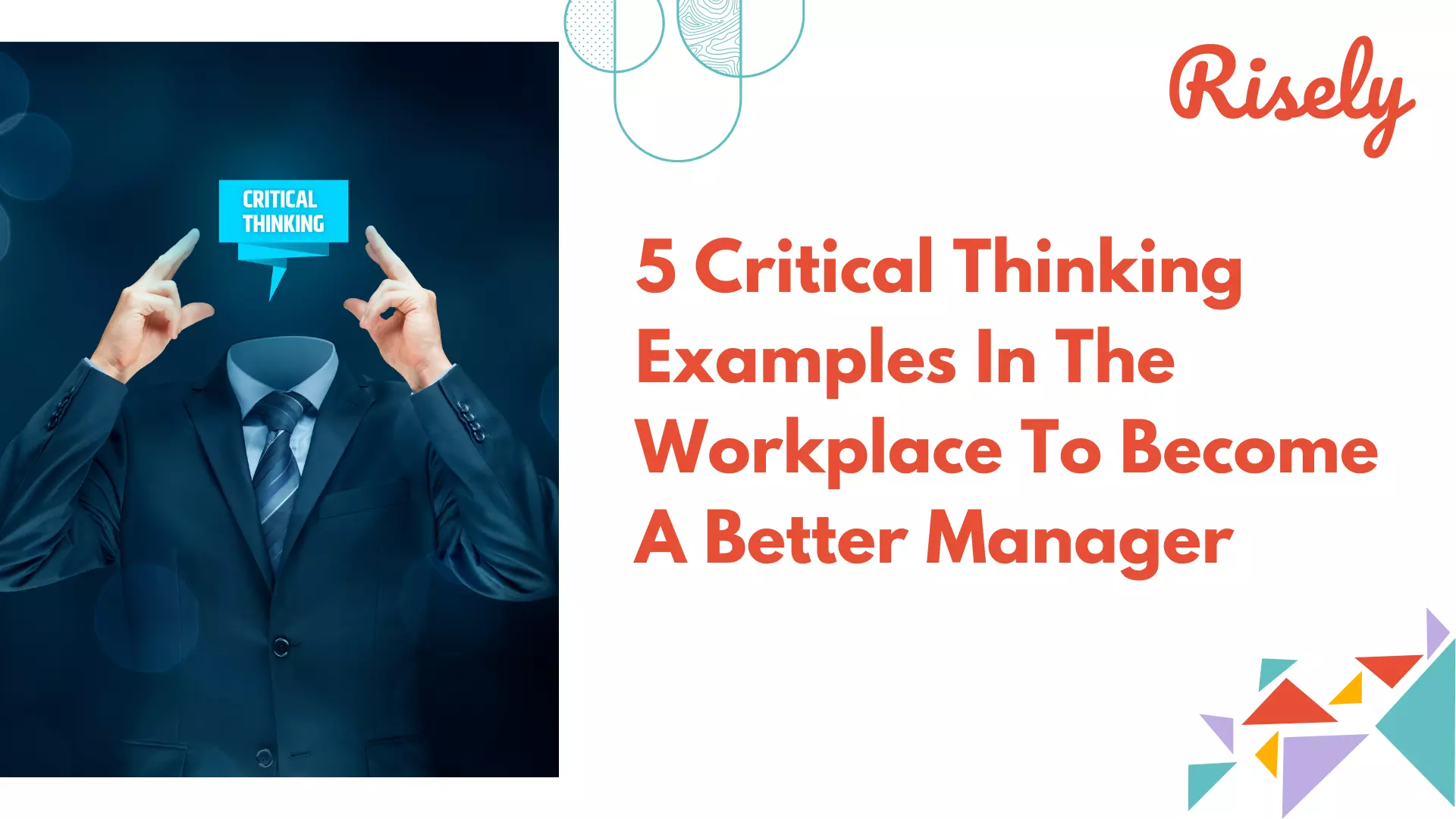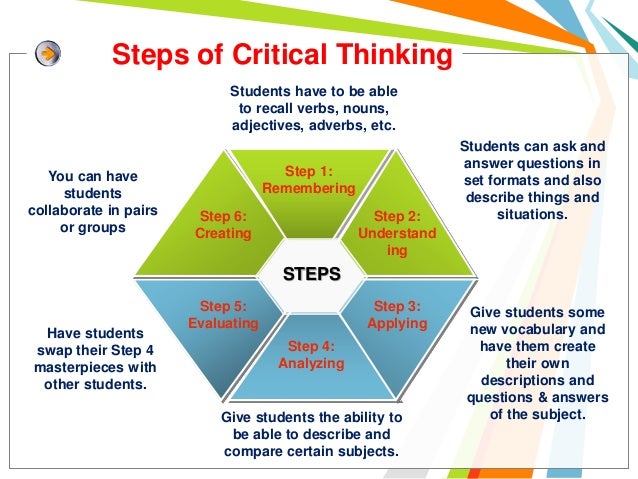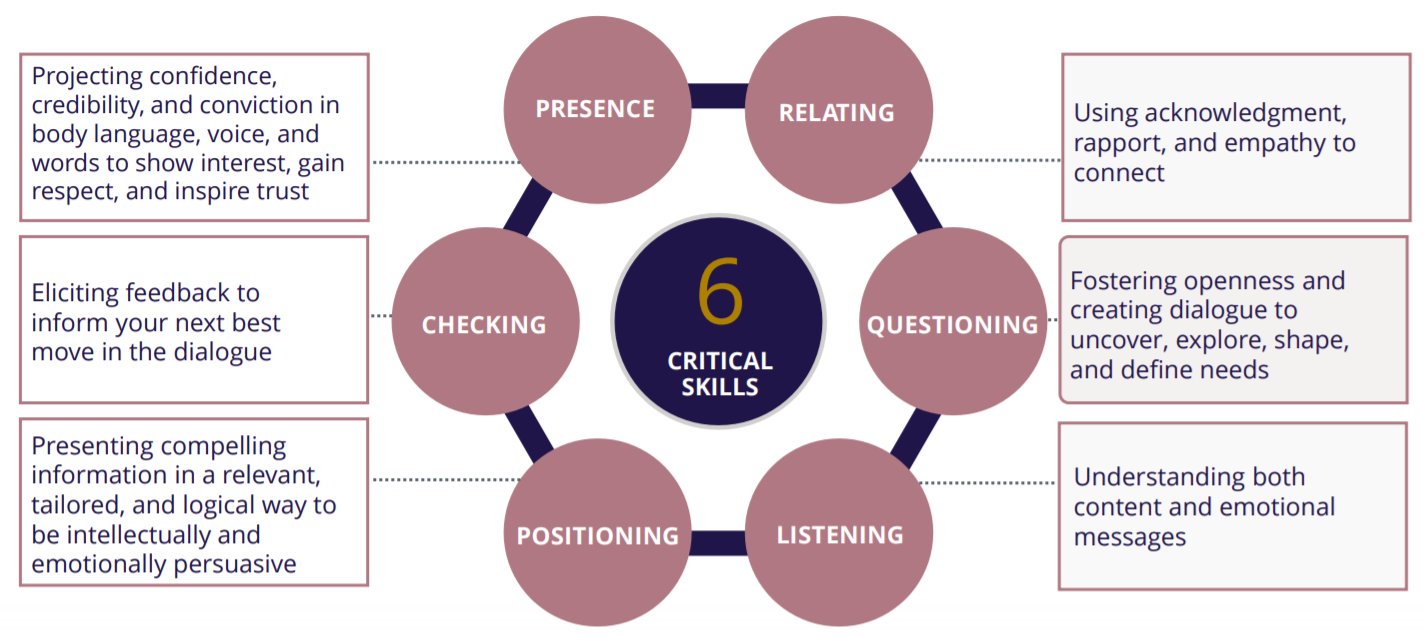Critical Thinking Skills In Business

In today's rapidly evolving business landscape, possessing technical skills is no longer sufficient for success. A growing emphasis is being placed on critical thinking, a skill deemed essential for navigating complexity, making informed decisions, and driving innovation within organizations.
The ability to analyze information objectively, evaluate different perspectives, and solve problems creatively is increasingly vital for businesses to remain competitive. Critical thinking is not merely an academic exercise; it’s a fundamental tool for navigating the uncertainty of the modern marketplace.
The Rise of Critical Thinking as a Core Competency
The demand for employees with strong critical thinking skills has been steadily rising. Several factors contribute to this trend, including the increasing volume of data, the globalization of markets, and the accelerated pace of technological change.
According to a 2020 report by the World Economic Forum, critical thinking and analysis are among the top skills employers believe will increase in prominence in the years to come. Businesses need employees who can interpret data, identify trends, and make sound judgments based on evidence, not just intuition.
What Constitutes Critical Thinking in Business?
Critical thinking in a business context encompasses several key elements. These include: Analytical skills - the ability to examine information thoroughly and identify patterns and relationships.
Problem-solving skills - the capacity to define problems, generate solutions, and implement effective strategies. Decision-making skills - the ability to weigh options, assess risks, and make informed choices.
Furthermore, critical thinking also requires evaluative skills - the capability to assess the credibility and relevance of information. Finally, creative thinking skills which is the ability to generate new ideas and approaches to challenges.
How Businesses are Cultivating Critical Thinking
Recognizing the importance of critical thinking, companies are actively investing in training and development programs aimed at enhancing these skills among their employees. These programs often incorporate case studies, simulations, and group exercises designed to challenge assumptions and promote analytical reasoning.
Many organizations are also implementing organizational structures and processes that encourage critical thinking. This includes promoting open communication, fostering a culture of inquiry, and empowering employees to challenge the status quo.
According to Josh Bersin, a leading industry analyst, "Companies that prioritize critical thinking training see significant improvements in employee performance, decision-making quality, and overall innovation."
The Impact on Individuals and Society
The benefits of developing critical thinking skills extend beyond the workplace. Individuals who possess these skills are better equipped to navigate complex social and political issues, make informed personal decisions, and engage effectively in civic life.
In a world increasingly saturated with misinformation, the ability to think critically is essential for discerning fact from fiction. It promotes a more informed and engaged citizenry, capable of contributing to a more just and equitable society.
“Critical thinking empowers individuals to become active and responsible participants in a democratic society,” states Dr. Linda Elder, President of the Foundation for Critical Thinking.
The emphasis on critical thinking in business reflects a broader societal need for individuals who can analyze, evaluate, and synthesize information effectively. As businesses continue to adapt to the challenges and opportunities of the 21st century, critical thinking will remain a crucial skill for success.
